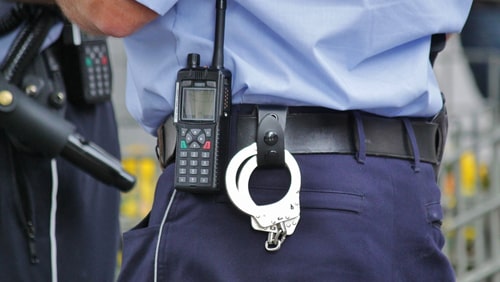Online gambling operators may have been given the green light to resume operations in the Philippines, but they won’t be doing it without heavy scrutiny. Interior Secretary Eduardo Año announced the sectorwill be under supervision of special team from the Philippine National Police (PNP), while Congressman Bienvenido Abante Jr is still fighting to ban the industry entirely.
 The Philippine Offshore Gambling Operators will have to strictly adhere to the still in place Enhanced Community Quarantine (ECQ), which limits travel and mass gatherings of people. “There are certain requirements imposed by the BIR (Bureau of Internal Revenue) and DOF (Department of Finance) for them to comply and if they do not comply then we will not allow them (POGOs) to operate,” Año said, responding to questions about how the government will keep POGOs compliant.
The Philippine Offshore Gambling Operators will have to strictly adhere to the still in place Enhanced Community Quarantine (ECQ), which limits travel and mass gatherings of people. “There are certain requirements imposed by the BIR (Bureau of Internal Revenue) and DOF (Department of Finance) for them to comply and if they do not comply then we will not allow them (POGOs) to operate,” Año said, responding to questions about how the government will keep POGOs compliant.
“We also formed a special team in the law enforcement to check on these areas, venues for their operations to make sure they are following quarantine rules. If they violate them, we padlock and stop their operations,” he added.
On May 1, the Philippines Amusement and Gaming Corporation (PAGCOR) gave permission or licensed POGOs to resume operations, so long as they followed strict guidelines that would limit the number of employees in an office, and provide safety measures to keep everyone from catching COVID-19. This has caused a flurry of debate over whether POGOs should even exist at all, nevermind resume operations during a pandemic.
Previously, Senator Risa Hontiveros submitted a bill to ban the industry entirely. She’s now been joined by House Minority Leader Abante, who has filed his own bill to prohibit POGOs, the Philippine News Agency reports.
“It is therefore declared by the State that Philippine Offshore Gaming Operations or ‘POGOs’ conducted within the Philippines have increasingly become a social menace and a source of unimaginable corruption,” the bill reads.
In the bill, Abante argues that POGOs have “made a mockery of our anti-money laundering, immigration and tax laws. It has been a source of untold criminal offenses and heinous crimes related to the conduct of such operations.” He makes no distinctions between the licensed POGOs and unlicensed outfits, which continue to be raided on a near-weekly basis.
If Abante’s bill should passed, every suggestion made that would make POGOs better regulated would be abolished, leaving only unlicensed operators to handle the business, and the government totally empty handed when it comes to taxes and licensing fees. But Abante’s argument has little to do with what’s best for the government’s coffers, or the employees of law abiding firms.





